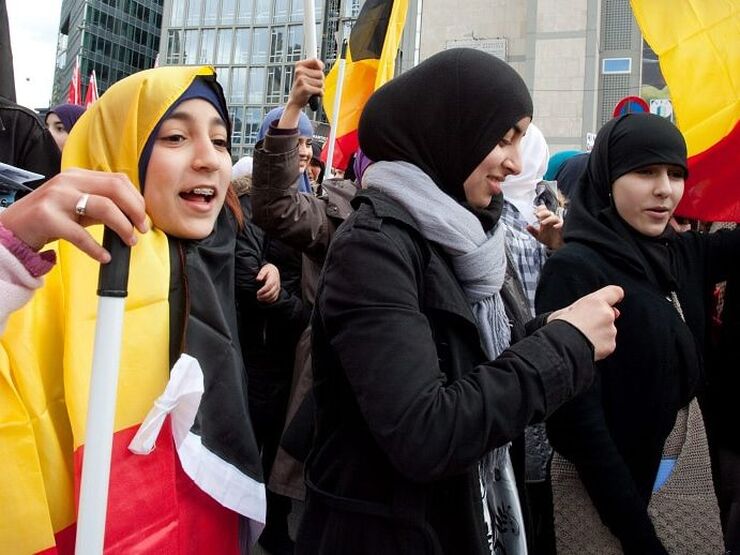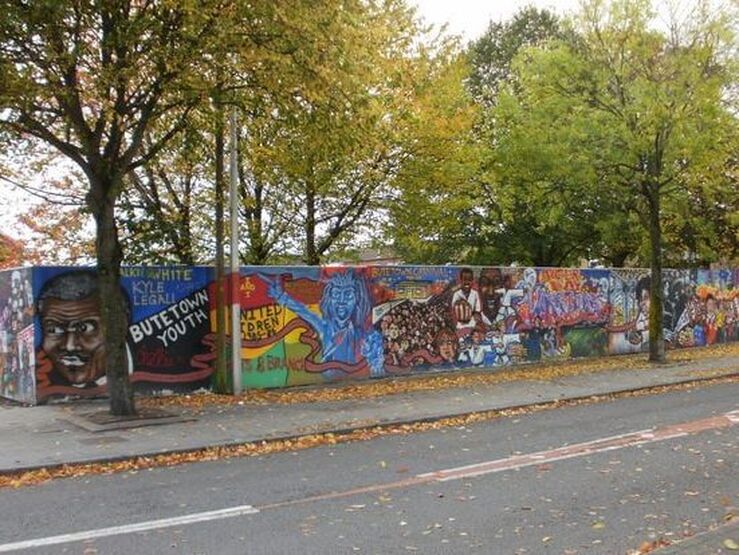|
|
|
In 2018, the research department of Awel, a Flemish civil society organization, published a report on the impact of the late terrorist attacks in Europe on the identity formation of minority youth. The report, based on testimonials, revealed that some Muslim children try to hide their ethno-religious background out of fear of being verbally attacked. Some even wish to ‘unbecome’ Moroccan or Muslim to respond to Islamophobia.
The largest ethnic minority group in Belgium originates from Morocco. This primarily Muslim group is indeed strongly stigmatized, even more so since 9/11. It is argued that terrorist attacks increase Islamophobic or anti-Muslim sentiments, which hence also impacts the well-being of Muslim children living in Flanders. The findings of the research report nevertheless did not receive as much public and political attention as deserved. Yet, ethnic minority citizens’ identity formation has long been a subject of political interest, especially since many politicians across the spectrum propose that minorities, and particularly Muslims, do not identify as Belgian.
0 Comments
The Facebook group for my local area in Manchester generally has messages about missing cats and people looking for recommendations for plumbers. But there are also messages asking ‘what is it like to live in the area’ from people thinking of moving there. This is a very ethnically mixed, relatively deprived area which has an equally mixed reputation. The responses to the queries often refer to reputational issues – and ones of history, suggesting that the area has/has not changed over time. The live nature of histories of place and the ways in which stories about places are frequently racialized is what colleagues and I were concerned with in our recent Identities article, ‘Histories of place: the racialization of representational space in Govanhill and Butetown’. We were interested in considering the racialized nature of Henri Lefebvre’s[1] conceptualizations of spatial tactics, representations of space and representational space – including in the way they are marked by the past.
We examined interviews with local activists, community representatives and professionals working in the areas of Butetown in Cardiff and Govanhill in Glasgow which were part of a study of the dynamics of ethnic inequalities for the Centre on the Dynamics of Ethnicity (CoDE). Both areas have long histories of immigration and, as representational spaces, have often been highly racialized. They have been shaped by industrialization, empire, de-industrialization and then some subsequent regeneration. |
|
Explore Identities at tandfonline.com/GIDE |
|
The views and opinions expressed on The Identities Blog are solely those of the original blog post authors, and not of the journal, Taylor & Francis Group or the University of Glasgow.


